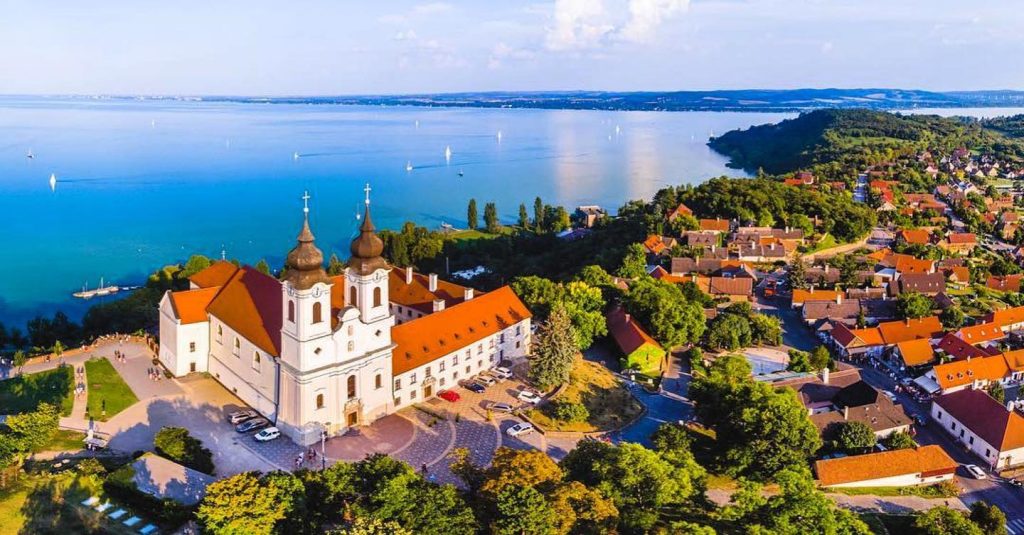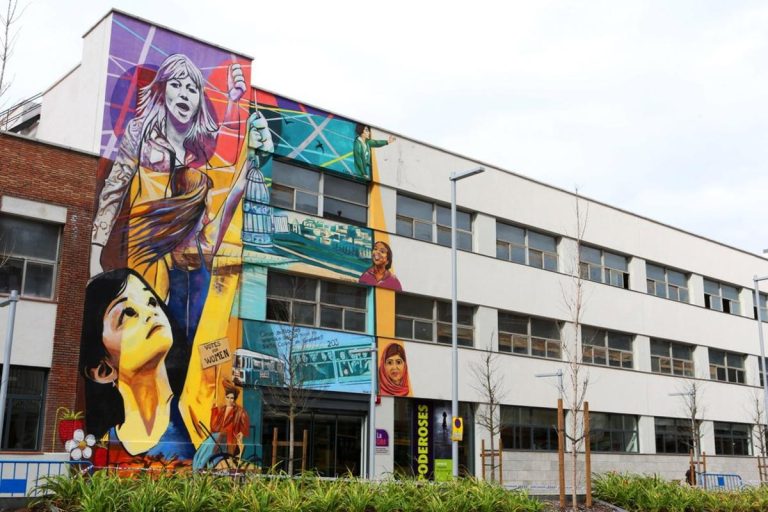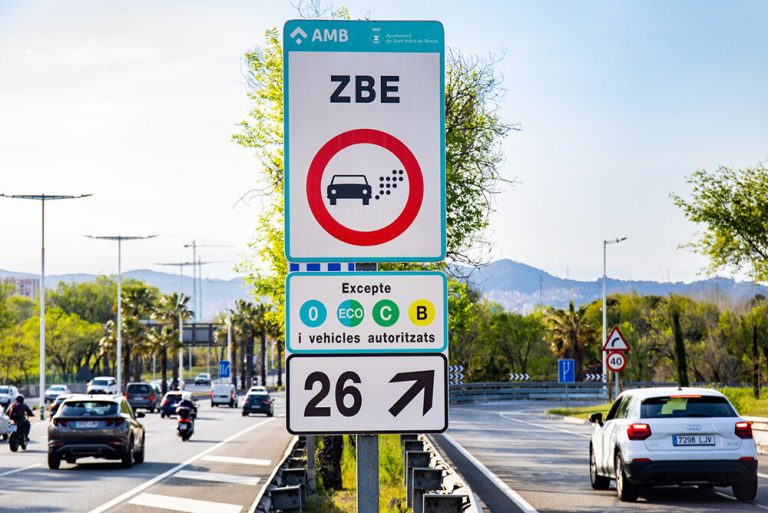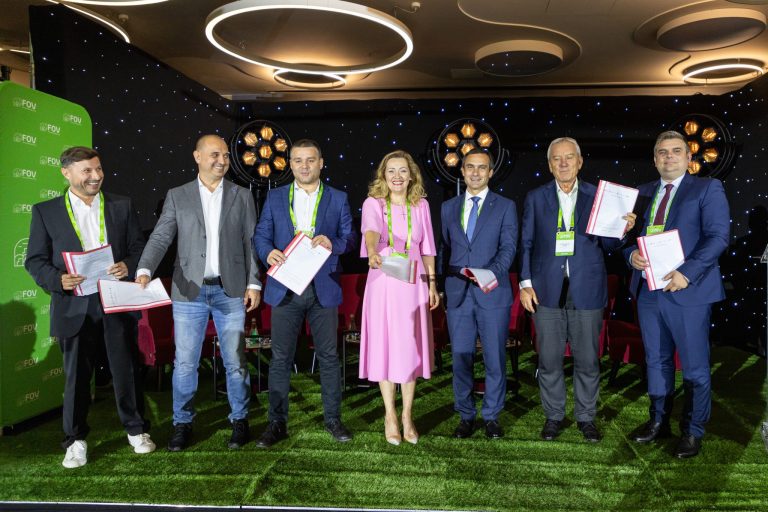The UHub European Tour continues with its fifth stop in the Lake Balaton area, where local administrations have joined together to promote sustainable tourism. Attention to nature conservation and sustainable development is assisted by technology through an innovative data collection project in Balaton.
Lake Balaton is one of the most famous attractions in Europe for its nature and tourism offer. The functional area comprises 180 municipalities in three regions of Hungary (Central Transdanubia, Western Transdanubia, Southern Transdanubia) and three different counties (Somogy, Veszprém and Zala). About 270,000 citizens live here, which is 2.8% of Hungary’s population. In the summer season the number of people in the area doubles and in some cases reaches 1,000,000 people who spend the day at Balaton. 15% of tourists who come to Hungary every year stay at Balaton.
The residents of this area are mostly engaged in tourism. There is a UNESCO heritage national park, six regions renowned for their historic wines, and three specialized recovery resorts for those with health problems. The Lake Balaton Development Council understood the potential of the area and created a strategy by which it constantly collects data from the economy, social and environmental transformations that it shares with institutions interested in regional life and development. The Council has the role of mediator and has undertaken to facilitate communication and cooperation between organizations interested in the Balaton region.
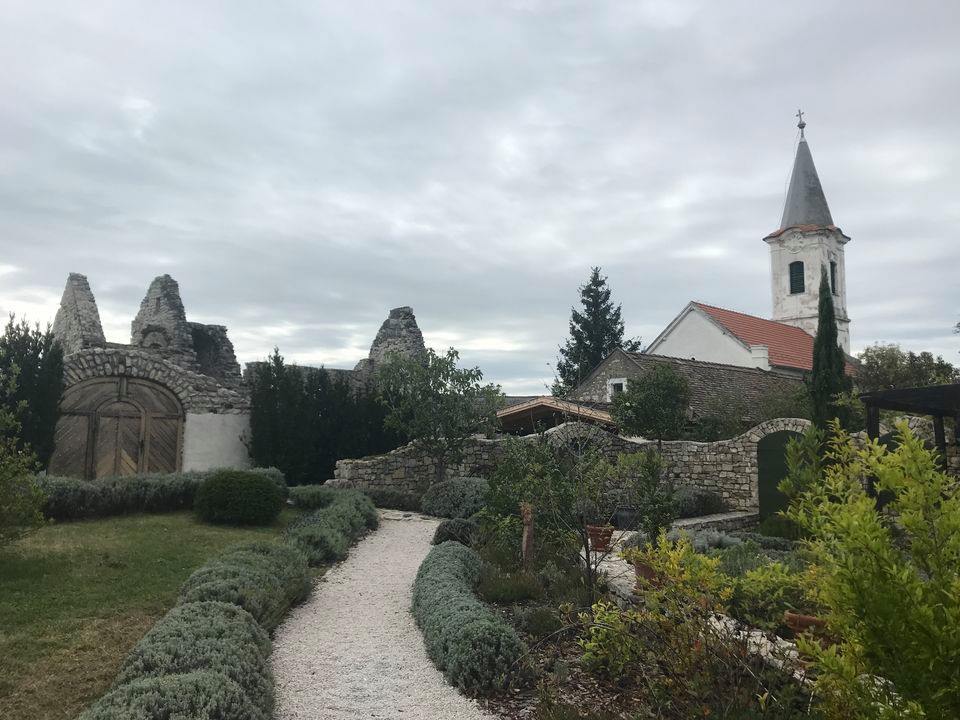
The future of the Lake Balaton community is based on four pillars: regeneration, nature, health and sustainability.
Balaton has invested heavily in micromobility. The bike paths stretch for 200 km around the lake and connect every locality. An average tourist can reach the points of interest either by a rented bicycle or a pedalo. A whole cycling culture has been created in the area, with citizens able to take advantage of the influx of tourists and create businesses to serve their needs, such as bike rentals, restaurants, bars, rest stops and so on.
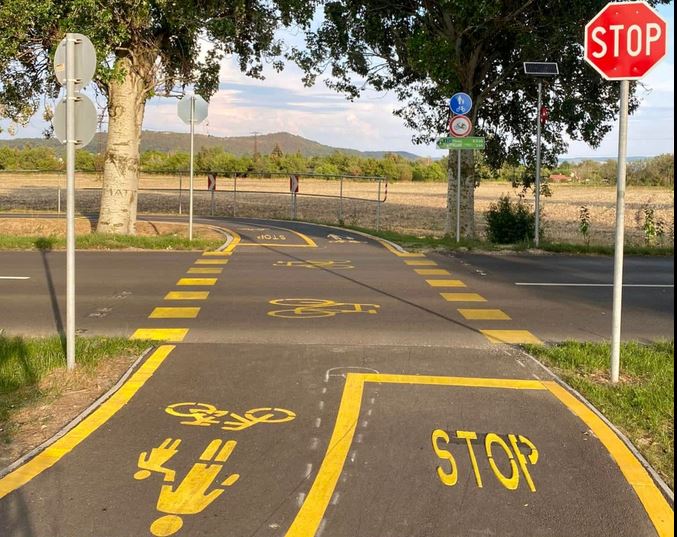
What we learned in the best practices chapter is that there is historical cooperation between municipalities. The Association of Local Municipalities of Lake Balaton has existed since 1904 and is still active today. However, the Association cannot be considered an active actor in development policies, this is where the Development Council intervenes. The collaboration between these two entities provides support for the creation of synergies in the region. Moreover, the number of NGOs per 1000 citizens is higher in Balaton than the national average. Most of the organizations deal with the protection of the environment and the promotion of local heritage. There are two organizations that coordinate the others: the Lake Balaton NGO Association and the Lake Balaton Women’s Association. Destination Management Organizations play a key role in promoting the region. About 20 municipal and micro-regional organizations are active and working together to promote entrepreneurship in gastronomy and catering.
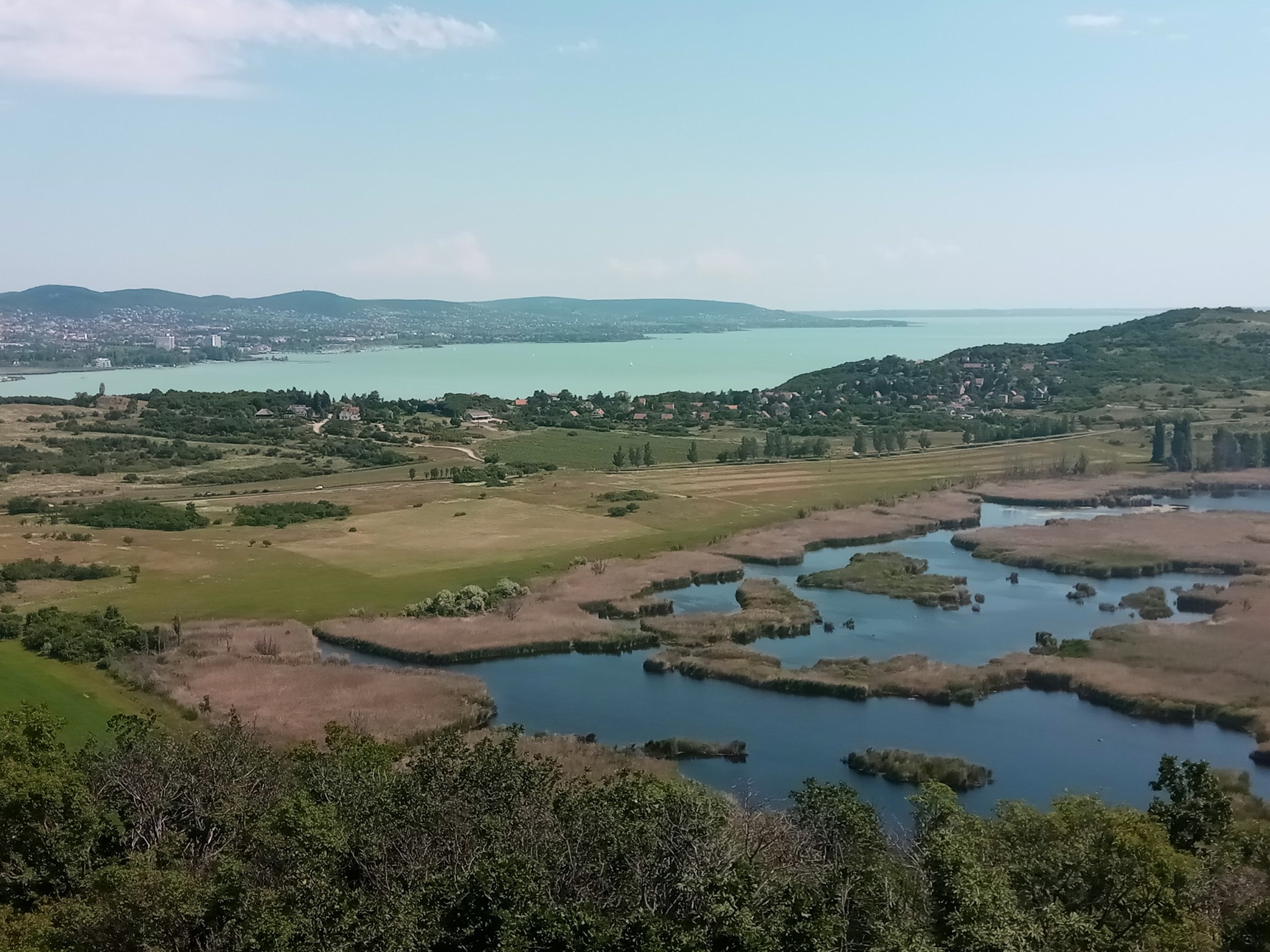
Balaton Uplands National Park Directorate constantly promotes the area’s tourist offers and natural attractions through its own communication channels. Its duties are those of area management, environmental protection and nature conservation research. On their website you can find information on guided tours, tourist attractions, rules for visiting the area, the latest events and projects, biosphere information and services available in the area. The main objective of the directorate is to ensure the protection of Lake Balaton in a way that promotes sustainable tourism and respect for the environment.
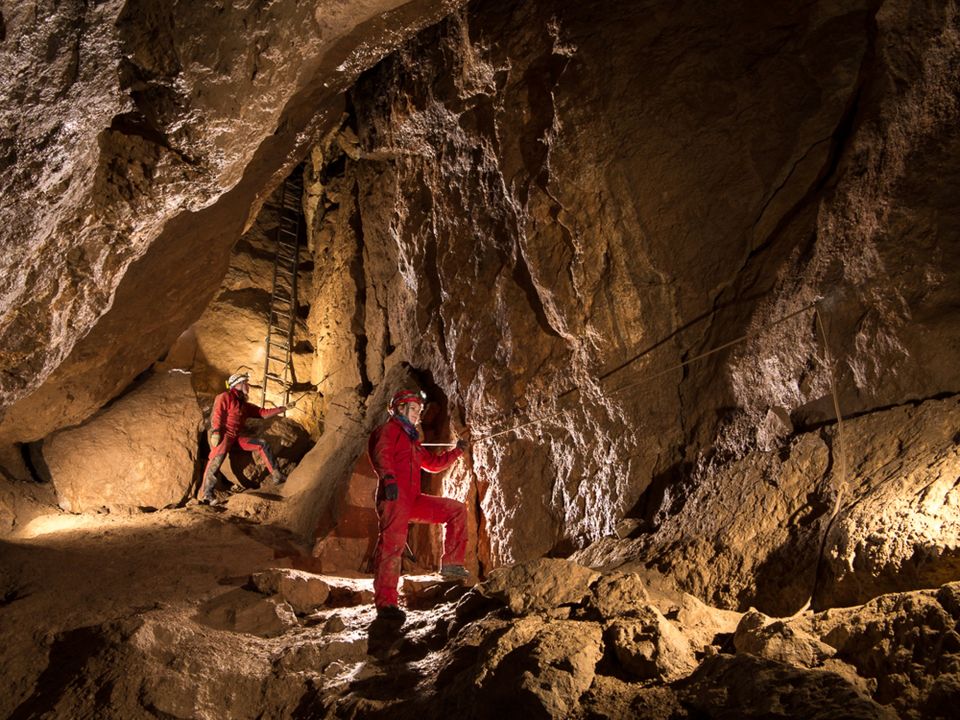
Water Rescue Services of Hungary and Volunteer Fire Brigade has developed several projects related to the training of lifeguards, currently resulting in trained personnel being on duty in more than 50 beaches around Lake Balaton and in more than 80 locations in Hungary. Since its establishment in 1999 and up to now more than 3000 citizens have been saved from drowning thanks to the association. In addition to training courses, the service runs educational campaigns in camps and prevention campaigns.
Lake Balaton Water Management Office is testing a new method by which it collects information about the state of the lake. The online monitoring service is one of the tools through which this objective is met. Launched in 2006, the prototype assists in the creation of long-term scenarios that underlie management strategies and contribute to amelioration of climate problems. Data provided by a variety of sensors is connected to a centralized database where it is processed and stored. The key elements analyzed are the number of visitors, road and naval traffic, water quality, meteorological data and the identification of situations that need interventions.
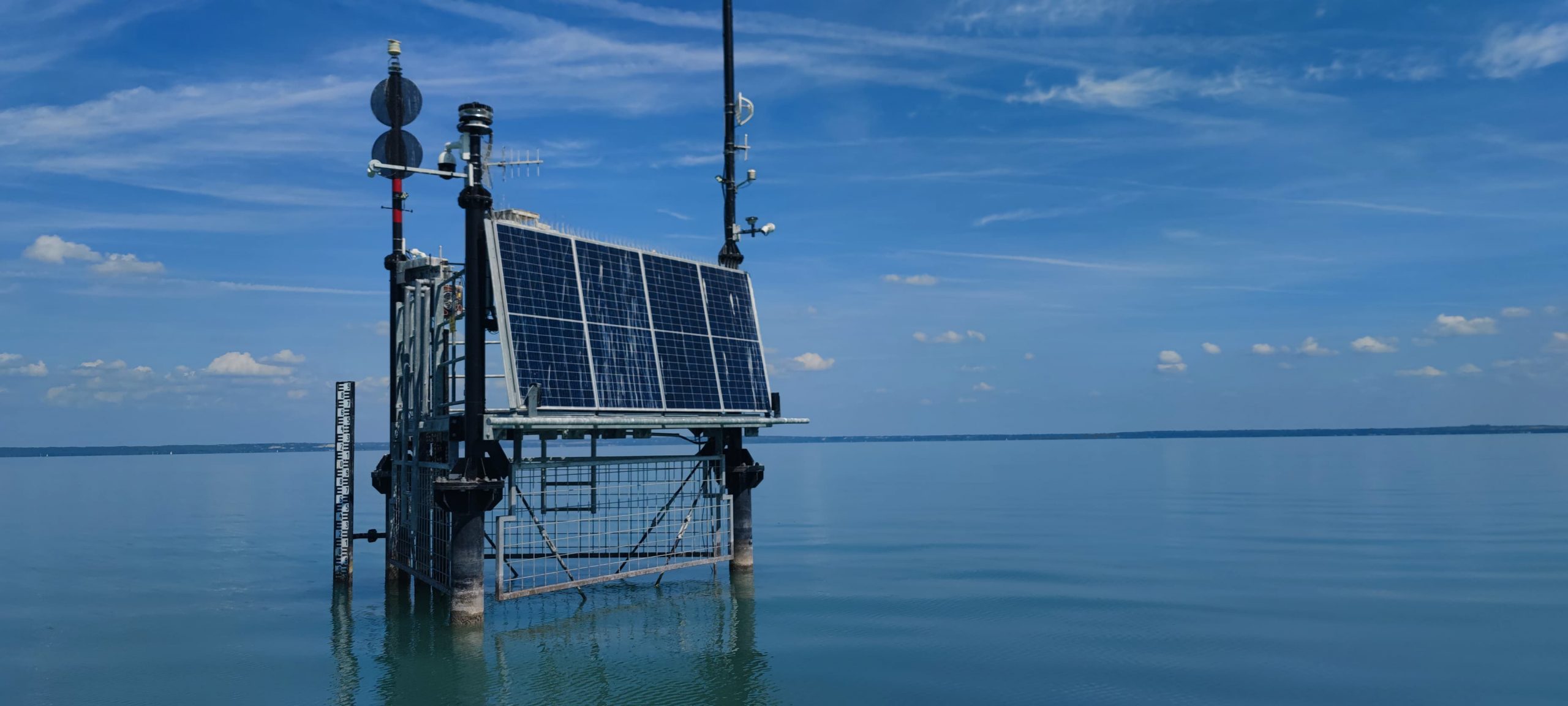
In 2021, a framework for 8 regional partners was approved for the renewal and integration of the regional monitoring system. It allows effective monitoring of the environment, water and social transformations of Balaton. With climate change in mind, the region has set out to be one of solidarity where the community collaborates and takes responsibility for how it influences the environment, protects the natural specificity and makes sustainability a lifestyle.
In 2023, the Lake Balaton Development Council will host the 19th edition of the World Lake Conference with the title “Beyond Lakes: Linking Science, Culture and Governance for their Sustainable Use”. The conference was first held in 1984 and today is recognized for its multi-sectoral approach and participants from various areas (academia, government representatives, citizens, NGOs and businesses) coming to express their vision on sustainable management of lakes and basins hydrographic.
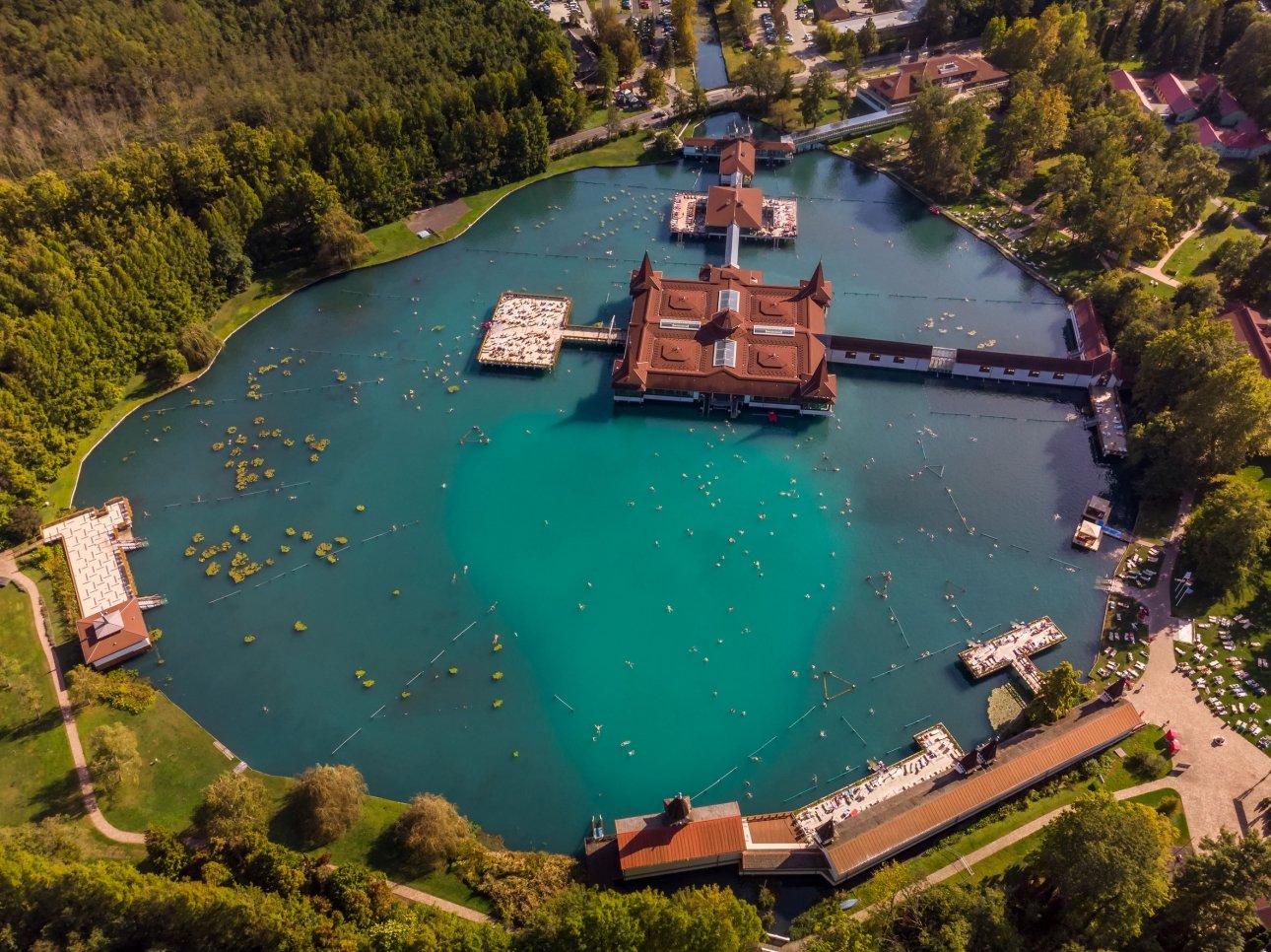
The Balaton Functional Area is a model of best practices for environmental protection and sustainable community development. The Development Council pays special attention to population retention and reducing the risk of social exclusion and poverty. The well-being of citizens depends on the quality of the environment and the lake that attracts hundreds of thousands of tourists annually. If other communities also understood how they can sustainably capitalize on the natural heritage as the people of Balaton do, we could talk about more resilient and prosperous communities than today.
Functional Areas in the EU is a project developed by the World Bank for the European Commission and we are glad that UrbanizeHub is part of this project.
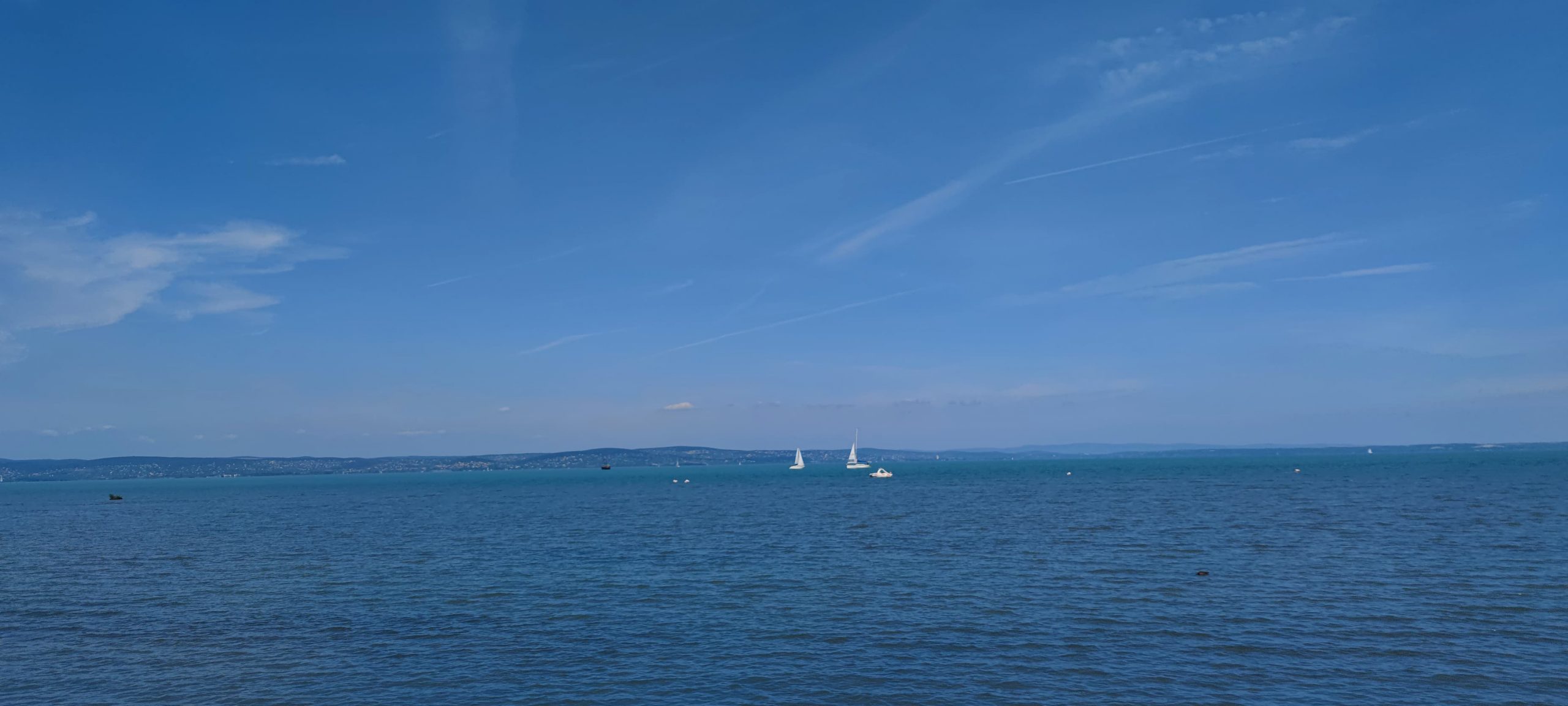
Photo source: Daily News Hungary, Balaton-felvidéki Nemzeti Park

